Cast & Crew
The Officer: Marques Brown
The Traveler: Bill Short
Condemned Man / Soldier: Thomas Cole
Producer: Andrew Sullivan
Adaptation: Andrew Sullivan
Director: Andrew Sullivan
Announcer: Tom Badgett
Artist: Amy Hutcheson
Special Thanks to:
Notes
For readers intensely concerned with authorial intent — what did the author mean to say — there are few writers as richly enigmatic as Franz Kafka. Looking to his personal history provides evocative images, but few real clues: He was born in Prague 1883 to a middle class family. He worked in insurance and later asbestos manufacturing. He suffered from lifelong stress-related ailments like migraines, social anxiety, depression, and insomnia and died of starvation related to tuberculosis. A great many of his works were only prepared for publication posthumously, with his literary executor Max Brod rearranging, editing, cleaning up, or otherwise altering the originals. For those of us reading him in translation, we are again another step removed from hearing the unadulterated voice of the author himself.
That this story, “In the Penal Colony,” was one of the few published during Kafka’s lifetime — in 1914, only the sixth story he put out — has not enabled readers through the years much greater insight into exactly what was being communicated. That it has resonance seems clear, as it has been described as anything from an allegory for the Old and New Testaments to a predictive text for the rise of the Third Reich and Nazi death camps.
But to treat this story as mere allegory is to do it a disservice. Yes, there are historical parallels at which to point, archetypes (the man out of time, the impassive observer, the oblivious citizen whose fate is decided by a system he neither understands nor helps shape) to which to cling, and perhaps one of them holds the elusive key to the text for which so many seem to search. But rather than read it as a coded retelling of an existing story, I see it more as a mildly fantastic look at the cultural shifts that occur in every society.
What happens when the Old Way loses favor? Or, more specifically, what happens to the individuals who aren’t ready to move on? And what of visitors in foreign lands? Are they to impose their values upon the systems they encounter? Do such visits inevitably, even if made by individuals as stoically impassive as The Traveler of the story, effect the sorts of changes we see in the story? Even those of us who consider ourselves to be embracing of change balk when that change is in a direction we’d prefer not to travel. How then, are we so different from The Officer? That the culture of torture he clings to feels so abhorrent to modern sensibilities is beside the point. Take away the value judgments tied to the details and what’s left is a story about change and the reactions to it.
—Andrew Sullivan





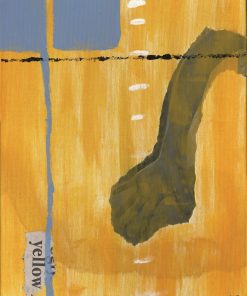
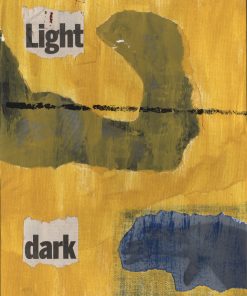

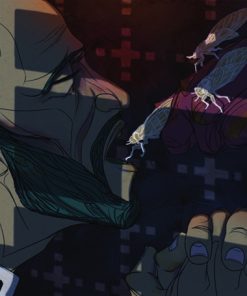

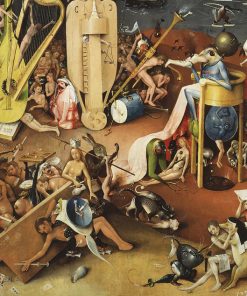
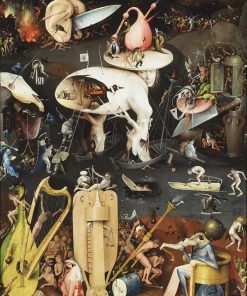
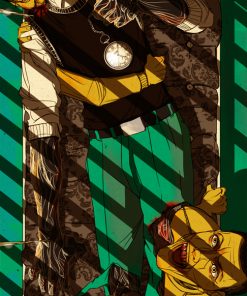

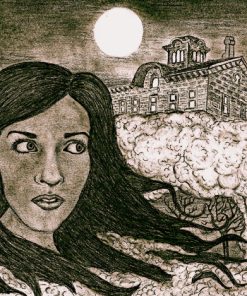
Reviews
There are no reviews yet.